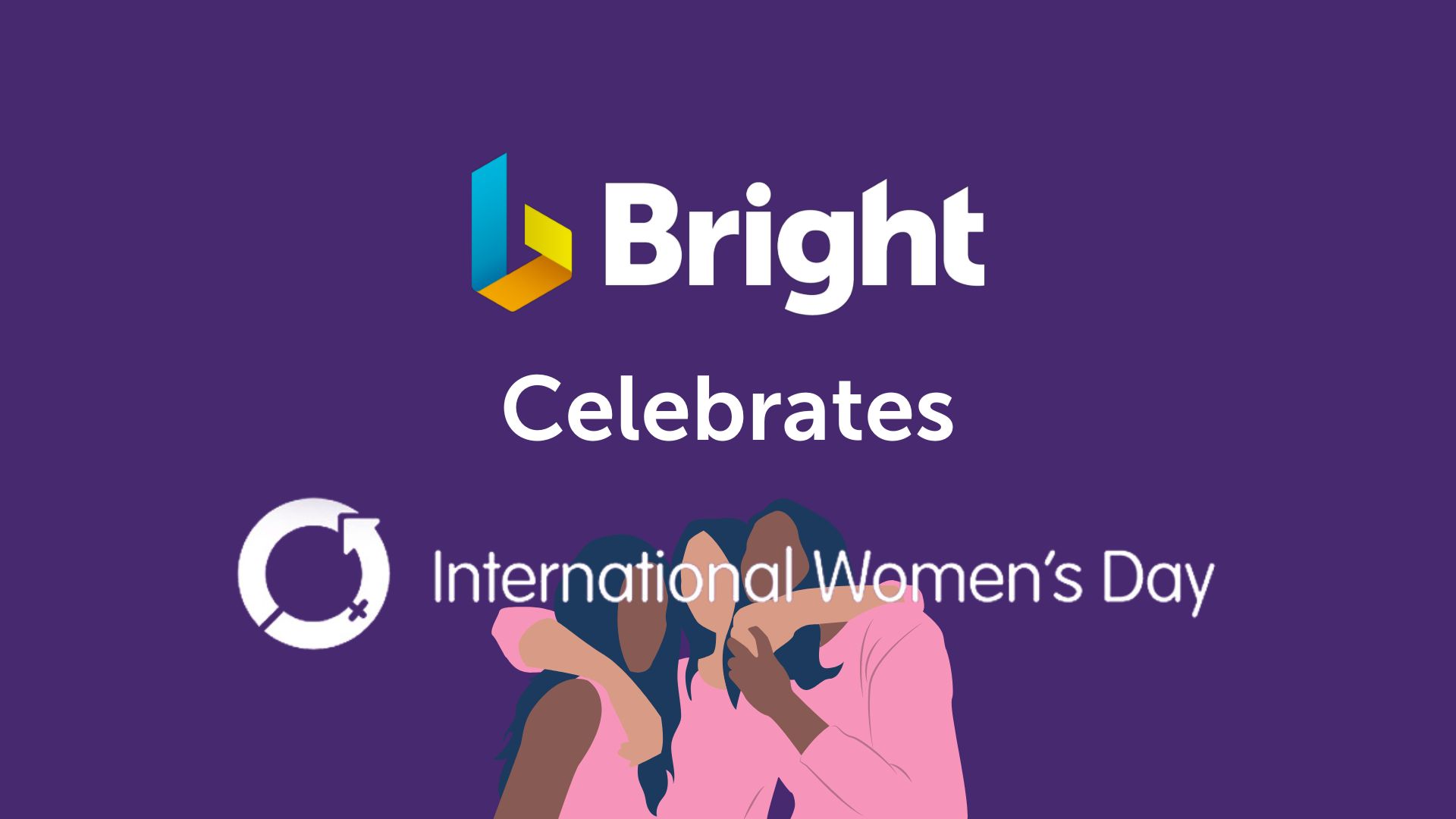The Importance of Social Media Policies in the Workplace
Incase you missed it, a recent headline in the news revolved around Gary Lineker where his politicised tweet criticised the UK Government's new immigration policy. The tweet saw the BBC Match of the Day presenter removed from his presenting duties pending an investigation as to whether he had broken the BBC's *'Guidelines on Impartiality'* and *'Guidance on Individual Use of Social Media'*. The BBC subsequently reinstated Mr Lineker following the investigation. The difficult position the BBC found itself in is a timely reminder that employers should have effective social media policies in place to deal with such incidents.
What can we learn from BBC’s approach?
Reputational risk & disproportionate response
The BBC could not ignore the public backlash which followed Mr Lineker's removal and its impact on the organisation's wider reputation. It was widely felt that the decision to remove him was disproportionate to the purported breach of the BBC's policies.
Social media provides a place where public backlash can gain momentum and damage an organisation's reputation. This reputational damage could come from the employee or contractor's comments or, as we have seen in this instance, from the organisation's handling of subsequent disciplinary action.
Employers must have comprehensive policies to mitigate the risk that public remarks could adversely affect their reputation. Objective and fair investigation and disciplinary procedures must be in place where an employer feels an employee or contractor has breached these policies, and should a sanction be applied, it must be proportionate to the breach committed.
Solidarity boycott
Mr Lineker's colleagues announced a boycott of their duties in solidarity with Mr Lineker. This boycott forced the BBC to rethink its decision as it heavily impacted scheduled programming.
The BBC has since announced an independent review of its guidelines.
Key takeaways
The Gary Lineker story focuses on the difficulties that can arise for organisations in the social media age and shows us that the line between professional and private life is not always clear. It is a wake-up call for individuals to be wary of what they post online and for organisations to have clear social media policies in place so appropriate action can be taken where an individual does cross that line.
In summary, a social media policy should:
- Establish clear guidelines and standards on the accepted use of social media in the workplace.
- Contain clear information about disciplinary procedures for breaches and the potential consequences for such breaches.
- Warn individuals that employers may take disciplinary action with posts on their personal social media accounts where a connection can be drawn to their workplace.
Other blogs:

Happy International Women's Day!
Happy International Women's Day!
At Bright we celebrate all our employee's achievements and progress in the Tech industry every day, but with International Women's Day being upon us we wanted to shed a light on some of our amazing women by gathering a few of our Bright women and hearing what International Women's day means to them, who the inspiring women in their lives are, an important piece of advice they have been given and much more. We also included some of our Bright men who shared their experiences and opinions with us too.
On IWD2023 and beyond, everyone everywhere can help forge an inclusive world. Let's #EmbraceEquity to create places & spaces where women thrive.

The Importance of Having a Social Media Policy
Social media platforms may be fun and can keep us connected, especially in most recent times. They are also used as an effective marketing tool for many businesses. We should be mindful of the dangers of social media. A social media policy is ideal for laying out your expectations for how workers use social media in the workplace.
The pandemic introduced new ways of staying connected with colleagues and customers. You may have introduced additional social technologies to assist employees with team communication and project collaboration. You may have promoted more usage of professional social media platforms like LinkedIn in absence of face-to-face networking possibilities.
Employers without a social media policy face risks. There are many advantages to using social media however, it is understandable why an employer may wish to provide instructions on utilising and handling work-related social media accounts.
Employees must understand that while online they are representing the company. They must act in a way that promotes the brand, whether it is through posting or how they interact with other users.
Like many other aspects of employment law, a well-drafted policy can make the difference. Bright Contracts software has a preformatted social media policy in the “Terms and Conditions” section of the Handbook, which is completely editable to your business needs.










